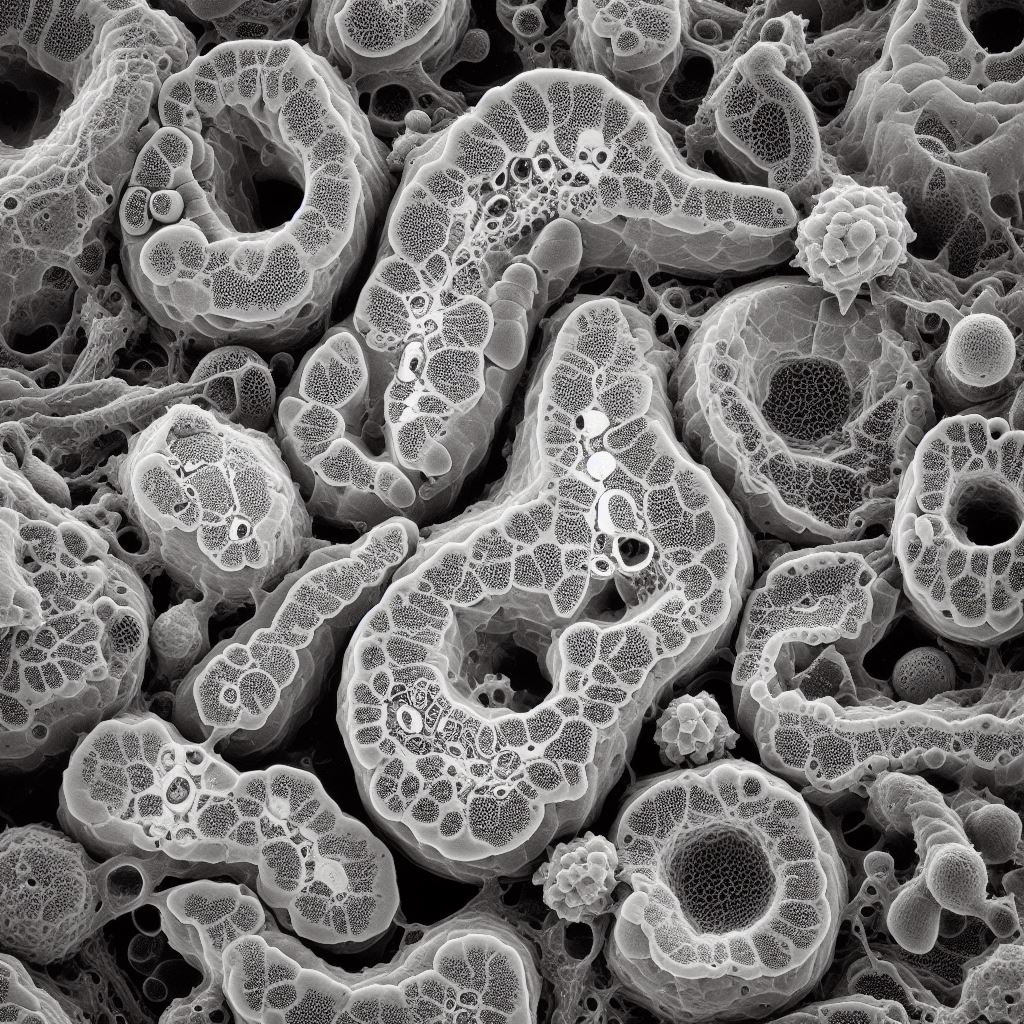Researchers at Johns Hopkins Medicine report that mAb43, an investigational monoclonal antibody medication, seems to delay the onset of clinical type 1 diabetes in mice, reverse its progression, and extend the animals’ longevity in some situations.
The drug is special, say the researchers, since it specifically targets the beta cells in the pancreas that produce insulin and is made to protect those cells against the immune system attacks. According to the researchers, the drug’s selectivity for these cells may allow for long-term usage in people with few adverse effects. Cloning, or creating exact duplicates of, an animal (including human) cell line is used to develop monoclonal antibodies.
The results, which were published online and in the Journal of Diabetes, suggest that a novel medication may be developed to treat type 1 diabetes. This autoimmune disease affects around 2 million children and adults in the United States and for which there is no known treatment or preventive measure. In type 1 diabetes, the pancreas produces no insulin because the immune system assaults the cells that produce it, in contrast to type 2 diabetes, in which the pancreas produces too little insulin.
Insulin deficiency impairs the body’s capacity to control blood sugar levels.
People with type 1 diabetes face lifelong injections of insulin and many complications, including stroke and eyesight problems if the condition is not managed properly.
Dax Fu, Ph.D., associate professor of physiology at the Johns Hopkins University School of Medicine and leader of the research team.
According to Fu, mAb43 attaches itself to a little protein on the surface of beta cells, which are found in groups known as islets. The medication was created to act as a sort of cloak or shield to protect beta cells from immune system cells that see them as “invaders” and assault them. The monoclonal antibody that the researchers utilised was designed for use in mice; a humanised version will need to be created for use in human investigations.
The researchers withheld weekly mAb43 treatments from five of the same type of diabetes-prone mice until they were 14 weeks old, after which they continued dosing and monitoring for a maximum of 75 weeks. Although one of the five individuals in the group had diabetes, the researchers report that no untoward incidents occurred.
Compared to the control group of mice who did not get the treatment and lived for around 18–40 weeks, the mice in the tests where mAb43 was administered early on lived throughout the entire monitoring period of 75 weeks.
Subsequently, the scientists, which included postdoctoral fellows Devi Kasinathan and Zheng Guo, examined the mice that were given mAb43 in further detail and utilised the biological marker Ki67 to determine if beta cells were proliferating in the pancreas. They claimed that following antibody therapy, immune cells withdrew from beta cells, lowering the localised level of inflammation. Furthermore, beta cells started to proliferate gradually.
mAb43 in combination with insulin therapy may have the potential to gradually reduce insulin use while beta cells regenerate, ultimately eliminating the need to use insulin supplementation for glycemic control.
Devi Kasinathan
The study’s researchers discovered that mAb43 bonded only to beta cells, which account for 1% to 2% of pancreatic cells.
Also Read| Single Cell Atlas; a pioneer for biomedical research
Teplizumab, a different monoclonal antibody medication, was given FDA approval in the United States in 2022. Teplizumab attaches itself to T cells, reducing its toxicity to beta cells that produce insulin. Research indicates that the medication can postpone the onset of type 1 diabetes by around two years, allowing young patients to grow and adjust to lifetime insulin injections and dietary restrictions.
It’s possible that mAb43 could be used for longer than teplizumab and delay diabetes onset for a much longer time, potentially for as long as it’s administered.
Dax Fu
Also Read| Researchers created artificial cells that mimic the original cells
In an ongoing effort, we aim to develop a humanized version of the antibody and conduct clinical trials to test its ability to prevent type 1 diabetes, and to learn whether it has any off-target side effects.
Zheng Guo
Source: John Hopkins Medicine Newsroom
Journal Reference: Devi Kasinathan, Zheng Guo, Dylan C. Sarver, G. William Wong, Shumei Yun, Aaron W. Michels, Liping Yu, Chandan Sona, Matthew N. Poy, Maria L. Golson, Dax Fu; Cell-Surface ZnT8 Antibody Prevents and Reverses Autoimmune Diabetes in Mice. Diabetes 19 April 2024; 73 (5): 806–818. https://doi.org/10.2337/db23-0568
Last Modified:






